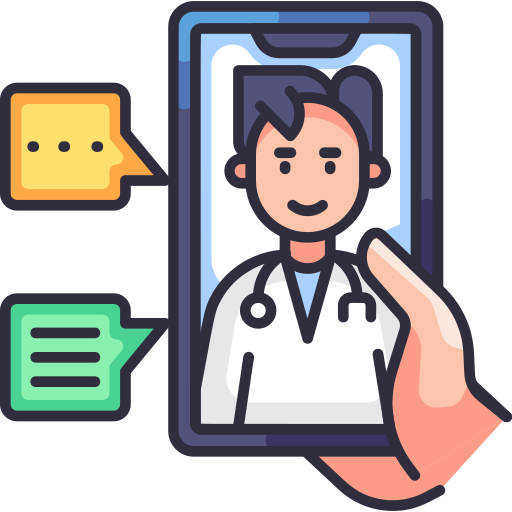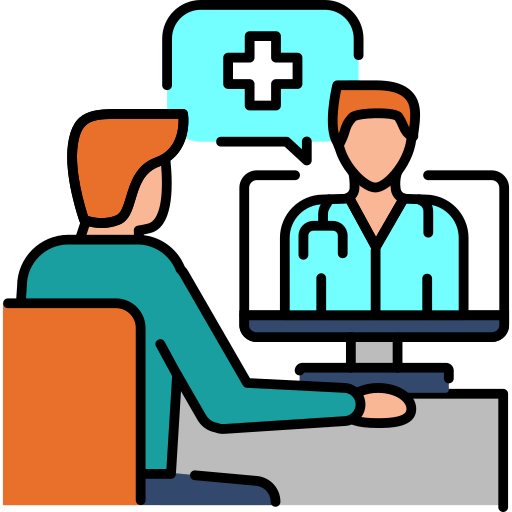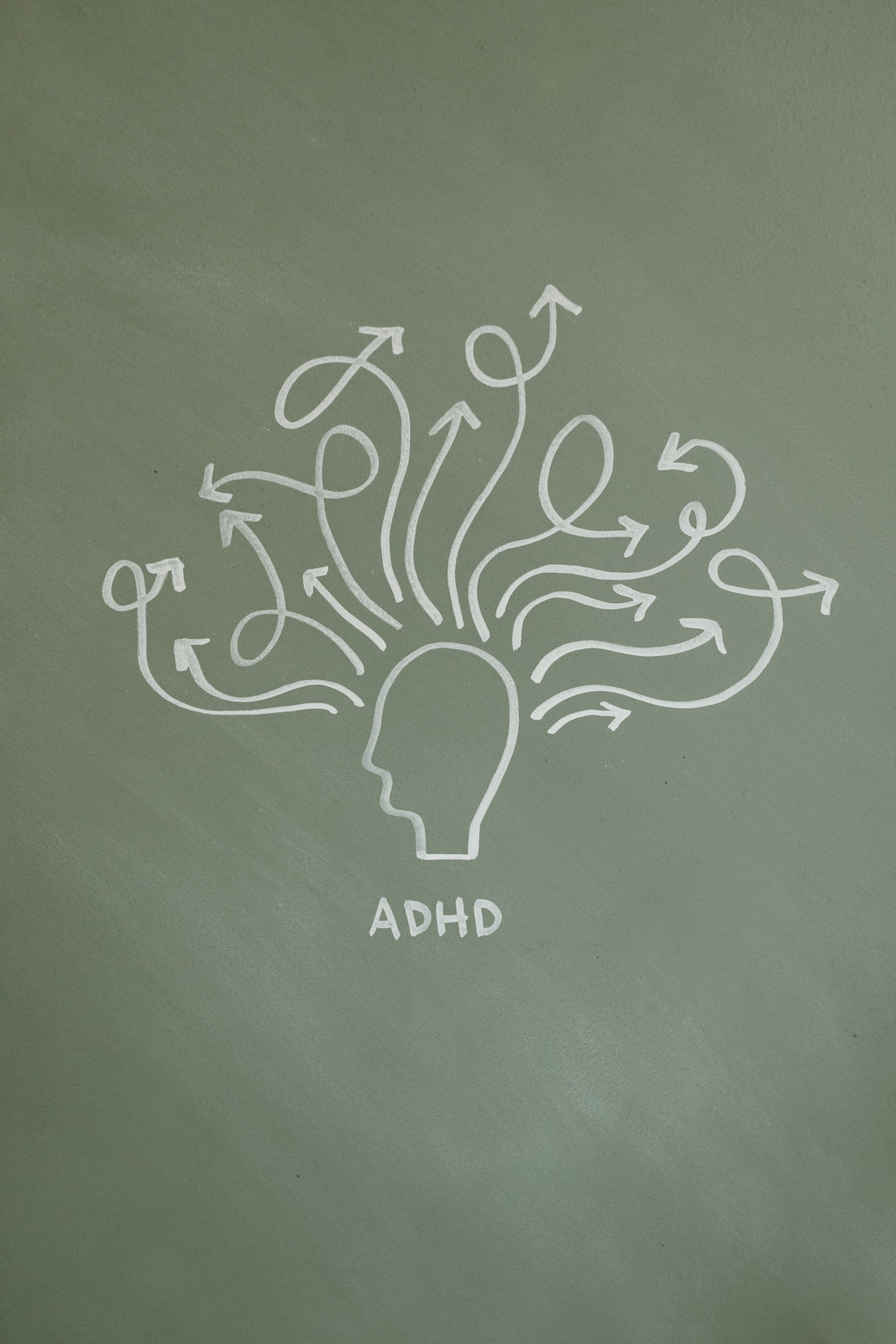Medication can dramatically improve symptoms but is never enough on its own. When a child or adolescent is affected, the patents, student and school must work together to implement learning strategies and adjust parenting methods. Workplace accommodations may be required for adults. Resources, such as parent training or cognitive behavioral therapy for adults, are slowly becoming more available through the public healthcare system. Clinicians can also recommend academic accommodations. People with ADHD and their families should be empowered to make informed decisions regarding all aspects of treatment.
If these interventions do not reduce ADHD-associated impairments, pharmacological treatment may be helpful. Medication for ADHD can improve the ability to focus by facilitating the flow of nerve signals, improving the transmission of information. A trial of more than one medication at more than one dose may be required to find the optimal approach for everyone. No medication decision is forever, and it is suggested that regimes should be evaluated at least twice a year.
Several medications are available. The most common and effective are stimulants – methylphenidate and amphetamines. Each comes in short, intermediate and long-acting forms. Common side effects include decreased appetite and sleeping difficulties. Those taking stimulants may be overly quiet or sad if the medication is too strong or become irritable as it wears off.
If stimulants are not effective or have prohibited side effects, the non-stimulant options in Canada are atomoxetine and guanfacine XR. Whatever pharmacological treatment is chosen, medication is started at a low dose, and then slowly increased to achieve maximum symptom control with minimal side effects. In some cases, other medications may be helpful if typical ADHD medications are not adequate.
Once the correct medication and the correct dose are determined, further evaluation can identify whether additional interventions are required. Any co-existing mood or anxiety disorder must be considered in the treatment plan. Stimulants can aggravate certain anxiety disorders. Several antidepressants act on noradrenaline or dopamine and can assist with ADHD symptoms. (The specific effects of these drugs have not yet been studied.) When ADHD co-exists with depression or anxiety disorders, treating the most disabling condition takes priority.
ADHD medications are effective in 50-70% of cases. Although generally well tolerated, they can have side effects. Discuss any potential treatment with your clinician and pharmacist. Although your healthcare provider will recommend evidence-based treatment options, each person is unique. Only a supervised medication trial can determine how it impacts your child or yourself.






